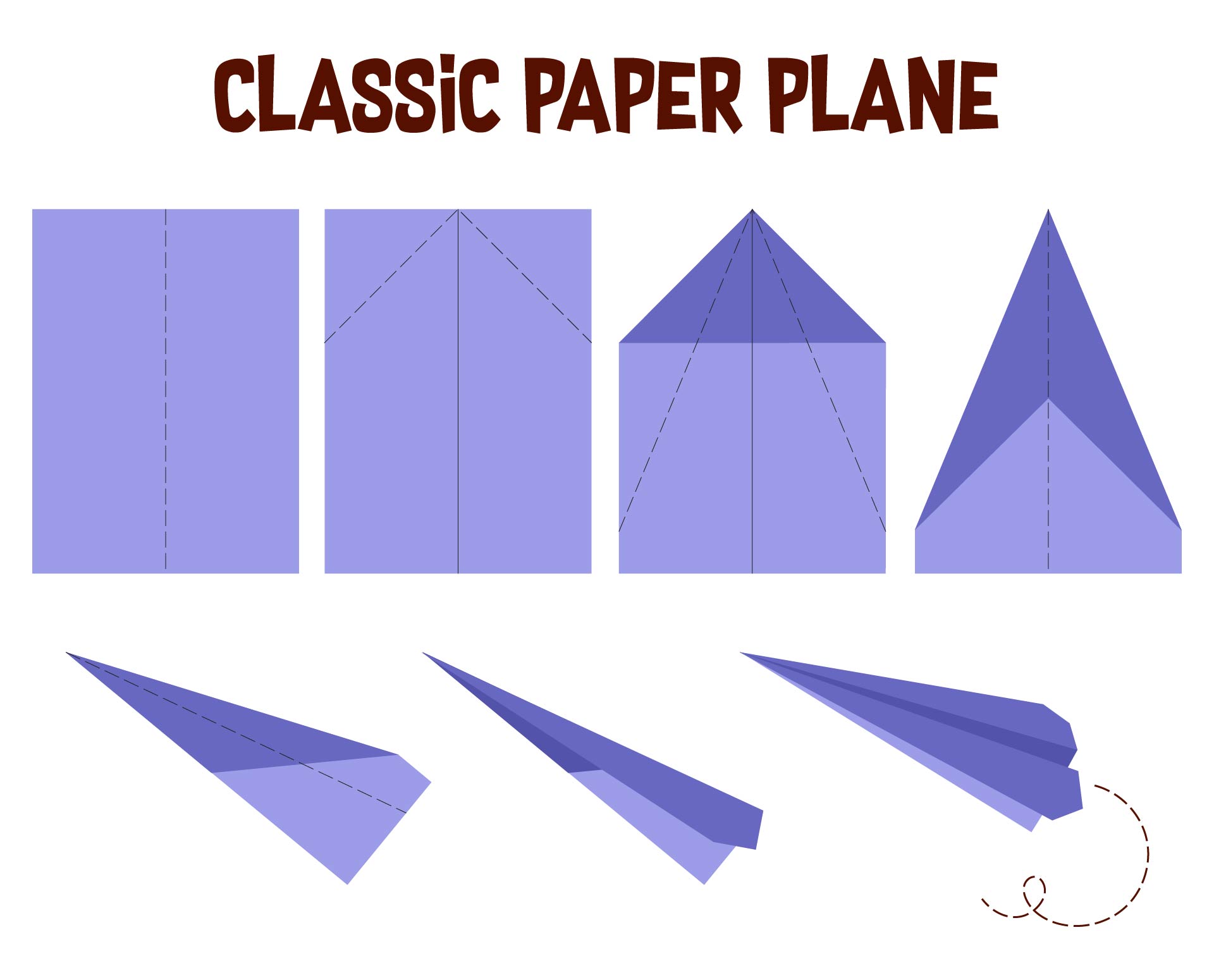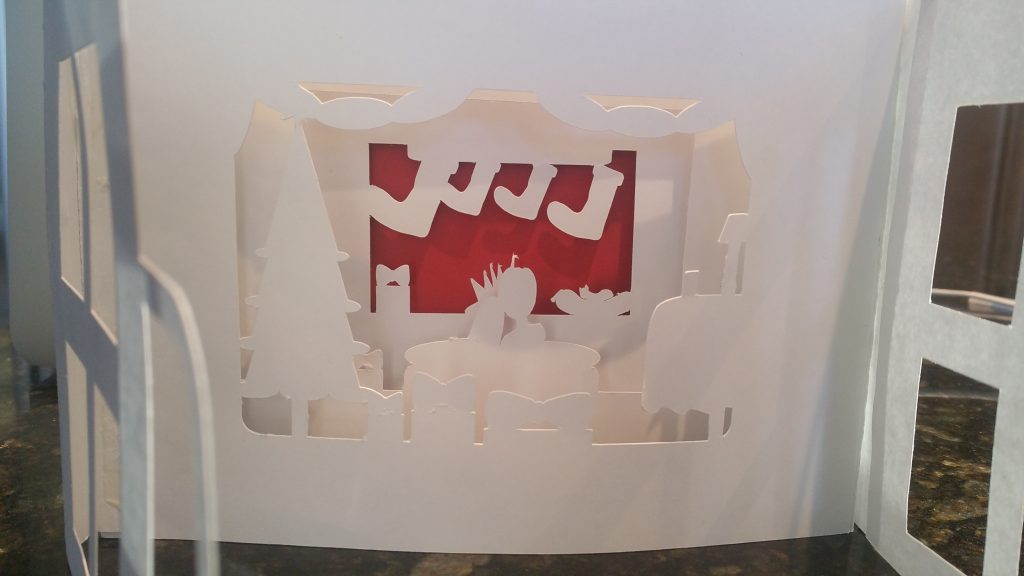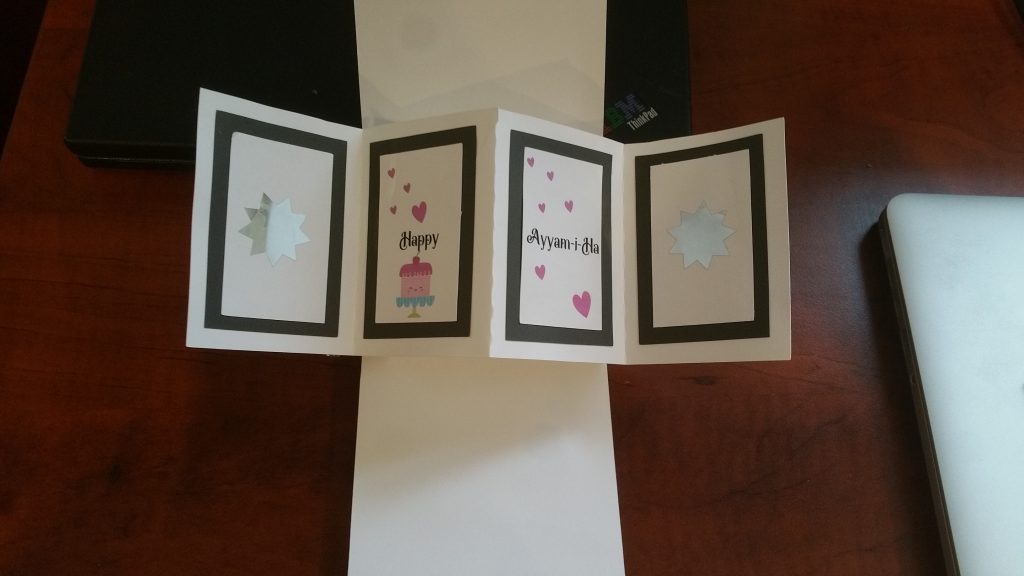
Forgiveness
- What is Forgiveness?
- How do we forgive others?
- Why should we practice the virtue of Forgiveness?
- When do we practice the virtue of Forgiveness?
What does forgiveness mean to you? Forgiveness means letting go of hard feelings like anger, sadness, or frustration that happen when you or someone else makes a mistake. It’s saying “Thank you” or “That’s okay” when someone apologizes and does not stay upset about what they did. It’s having patience with yourself and others, and recognizing that no one is perfect—everyone makes mistakes. Forgiveness doesn’t mean that all of a sudden what someone did doesn’t hurt or isn’t wrong. It means that you find it in your heart to give the person another chance.
Did you know that forgiveness is one of the attributes of God? We all make mistakes, and God forgives us when we ask for forgiveness and try our best to do better. ‘Abdu’l-Bahá modeled forgiveness and always told us to be forgiving with one another. He said we should see with eyes of forgiveness and overlook one another’s faults. If we follow ‘Abdu’l-Bahá’s example, we will show forgiveness not only to our friends when they make mistakes but also to those who are unkind to us.

We are Memorizing The Prayer: Blessed is the spot



Memorize
“. . . let your adorning be forgiveness and mercy and that which cheereth the hearts of the well-favored of God.”
Meaning Of Words
Cheer
Ursula was not feeling well. Her friend Elsie brought her flowers and sat with her for a long time, telling stories and talking. Elsie’s visit made Ursula feel much better. Ursula was cheered by her visit.
Mrs. Sanchez received a long letter from her husband who had gone away to a nearby town for work. The letter brought the good news that he would soon be coming home. The news greatly cheered her.
Favored
The teacher loved all of her students and paid special attention to each one. She favored them all.
James liked all of the subjects at school, but he did best in science. Science was the subject he favored most.
Send a Postcard
Send a postcard to a friend


Story Of Forgiveness
Note, while telling the story, have a few props available to show the children: WORDS IN BOLD: A sign saying CLOSED, KEYS, TELEGRAM, PRESENT, LETTER. A ticket for the trip is additional if you like.
During the days the Master lived in ‘Akká, there was a governor who, time and time again, tried to harm the Bahá’ís. On one occasion he came up with a plan to destroy their means of livelihood: he ordered his guards to close down the shops of all the Bahá’ís and to bring him the keys. But ‘Abdu’l-Bahá learned of the governor’s plan and advised the friends not to open their shops the next day. He told them to wait and see what God would ordain.
Imagine the governor’s surprise when he heard that his guards could not bring him the keys because the shops had not been opened. But before he could think of what to do next, something unexpected happened. A telegram arrived from his superiors dismissing him from his post as governor of the city. And so the shops of the Bahá’ís were saved. The ex-governor was ordered to leave ‘Akká and go to another city called Damascus. He did not know what to do. He had to leave quickly and alone. What would happen to his family? Who would help someone who had lost the favor of the government? The Master heard the news and went to see him. He showered the unhappy man with great kindness as if he had never been an enemy of the Faith. Not once did He mention his past wrongdoings. Instead, He offered to help him in whatever way possible. The ex-governor was worried about leaving his wife and children behind. ‘Abdu’l-Bahá assured him that He would take care of the matter. Later He arranged for a comfortable trip, provided someone reliable to accompany the wife and children, paid for all the expenses, and sent the family on its way to Damascus.
When the ex-governor was reunited with his family, he rejoiced. With a heart filled with gratitude, he turned to the man who had traveled with his family and asked him about the cost of the journey. The man explained that it had been paid by ‘Abdu’l-Bahá. Then the ex-governor offered him a present for his kindness and diligence during the journey. But he would not accept the present; he said that he was merely obeying ‘Abdu’l-Bahá and did not wish to receive anything for his services. The ex-governor then asked the man to stay the night as a guest in his home. He said, however, that he was eager to follow the instructions of the Master, Who had told him to return to ‘Akká without delay. The ex-governor asked the man to wait at least long enough for him to write a letter to ‘Abdu’l-Bahá. This he accepted and upon his return to ‘Akká delivered the letter to the Master. The letter read: “O ‘Abdu’l-Bahá, I pray you to pardon me. I did not understand. I did not know you. I have wrought great evil on you. You have rewarded me with great good.”
Other Stories:

BALLOON ACTIVITY
Each person has a balloon. First, we are going to see what happens when we build anger up and don’t forgive.
Someone calls out names of emotions (sadness, anger, hurt, resentment, impatience, pain…) and with each name you hear, you blow into your balloon until it becomes pretty big. Hold onto it. When gets big, then have everyone let go and release it.
Okay, now let’s practice with forgiveness. Blow anger into the balloon. Now forgive- let it out, blow sadness into your balloon, now let it out. Blow frustration into your balloon, now let it out! GREAT JOB!
HOT POTATO
Children form a circle. Then ask:
What are some of the things your body feels when you feel angry or frustrated? One thing is that you might get really hot. I call those feelings “hot feelings” because sometimes your face can get red, you might feel a burning feeling in your stomach, and you might even feel like a volcano full of hot lava! When you touch something hot, do you want to hold onto it? No! You want to let it go as quickly as you can.
- In this game, the ball/[potato is a “hot feeling.” Pass it around the circle while the music plays, letting it go as quickly as you can.
- When the music stops, everyone looks at the person holding the hot potato and says: “We’re sorry!”
- The person holding the ball puts it down and says, “That’s okay. I forgive you.” Then the game continues…
People to People
Tell the children to walk around randomly, while clapping and saying, “people to people”. When you call out “back to back”, they should stop, and each back up to a partner. On your signal, they start to move around again, clapping and saying “people to people”. When you call out “face to face”, they stop and each face a partner, bowing heads. The game continues in this way, with these two commands being repeated several times. Other commands can include “knee to knee” and “elbow to elbow”.
Role Plays: What Forgiveness Looks Like
Invite kids to give responses and act them out. Ask, “What does forgiveness look like when . . .” (HAVE ON SLIPS THAT THEY PULL OUT)
- Your friend accidentally broke your favorite toy
- You did something you feel is very bad (forgiving yourself)
- Your brother takes something of yours without asking
- Your friend got angry and said something unkind to you and then apologized.
- Someone keeps doing something hurtful to you over and over without being sorry*
*There are sometimes when forgiveness won’t help someone change their behavior, and it isn’t the only virtue you need to call on. While you can let go of the hurt feelings, sometimes, you need to stay away from that person (if you can) and stop giving them the chance to hurt you. In these cases, respect for yourself and justice (making sure everyone is being treated fairly, including yourself) are just as important as forgiveness.

An Experiment
Here is an experiment to try to help illustrate forgiveness
Make a Paper Plane

Make 2 planes hiding a penny in one. They will look the same but not fly the same. Ask the children to look them over and figure out why. Explain “The airplanes are like us and the penny is when we hold a grudge. A grudge is when we hold bad feelings inside of us because of something someone did or said to us. These feelings can weigh us down and keep us from flying high.
Template for a paper plane here
Use the quote for the lesson (see below) in this craft idea Here is my template.

“. . . let your adorning be forgiveness and mercy and that which cheereth the hearts of the well-favored of God.”
Make A Crown
Write the quote
“. . . let your adorning be forgiveness and mercy and that which cheereth the hearts of the well-favored of God.”
on a crown for the children to decorate and wear


